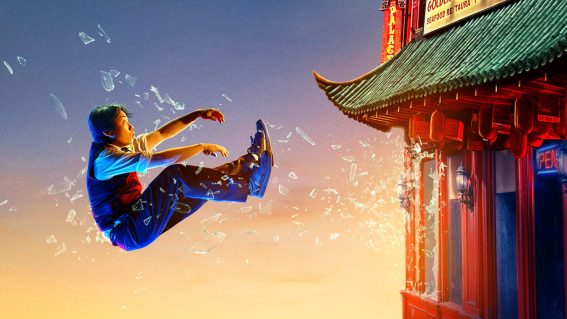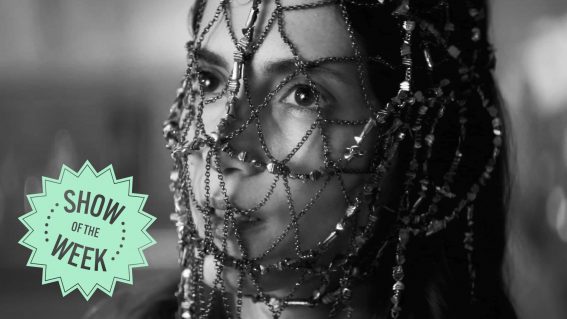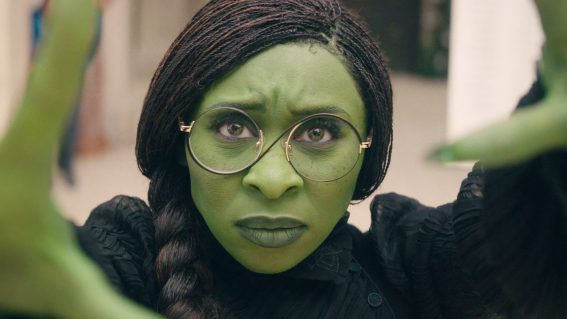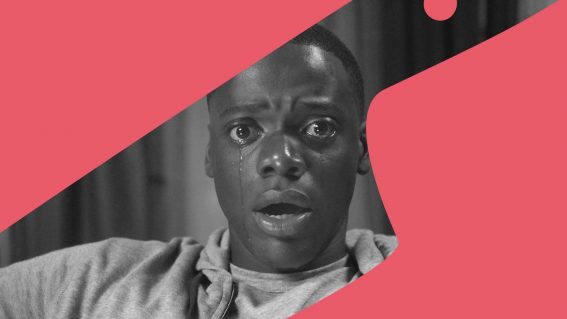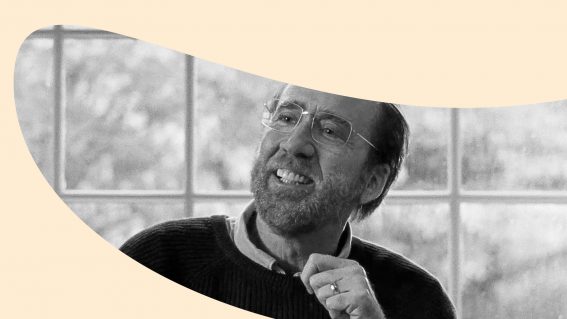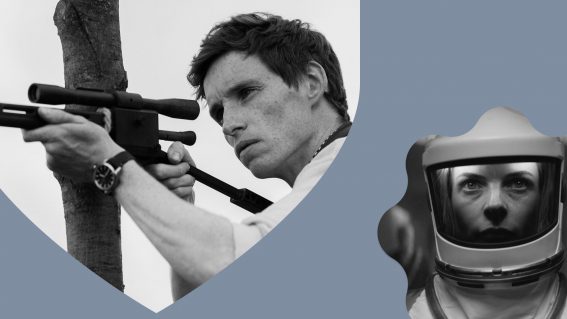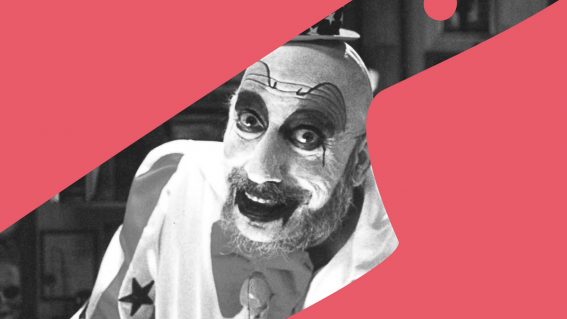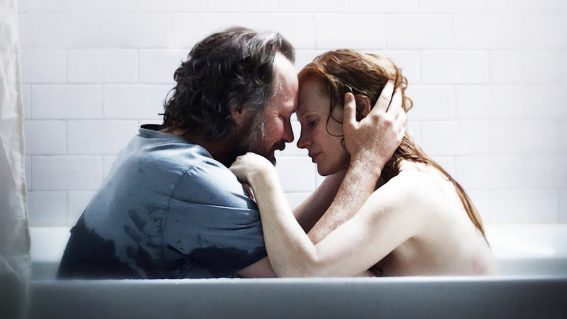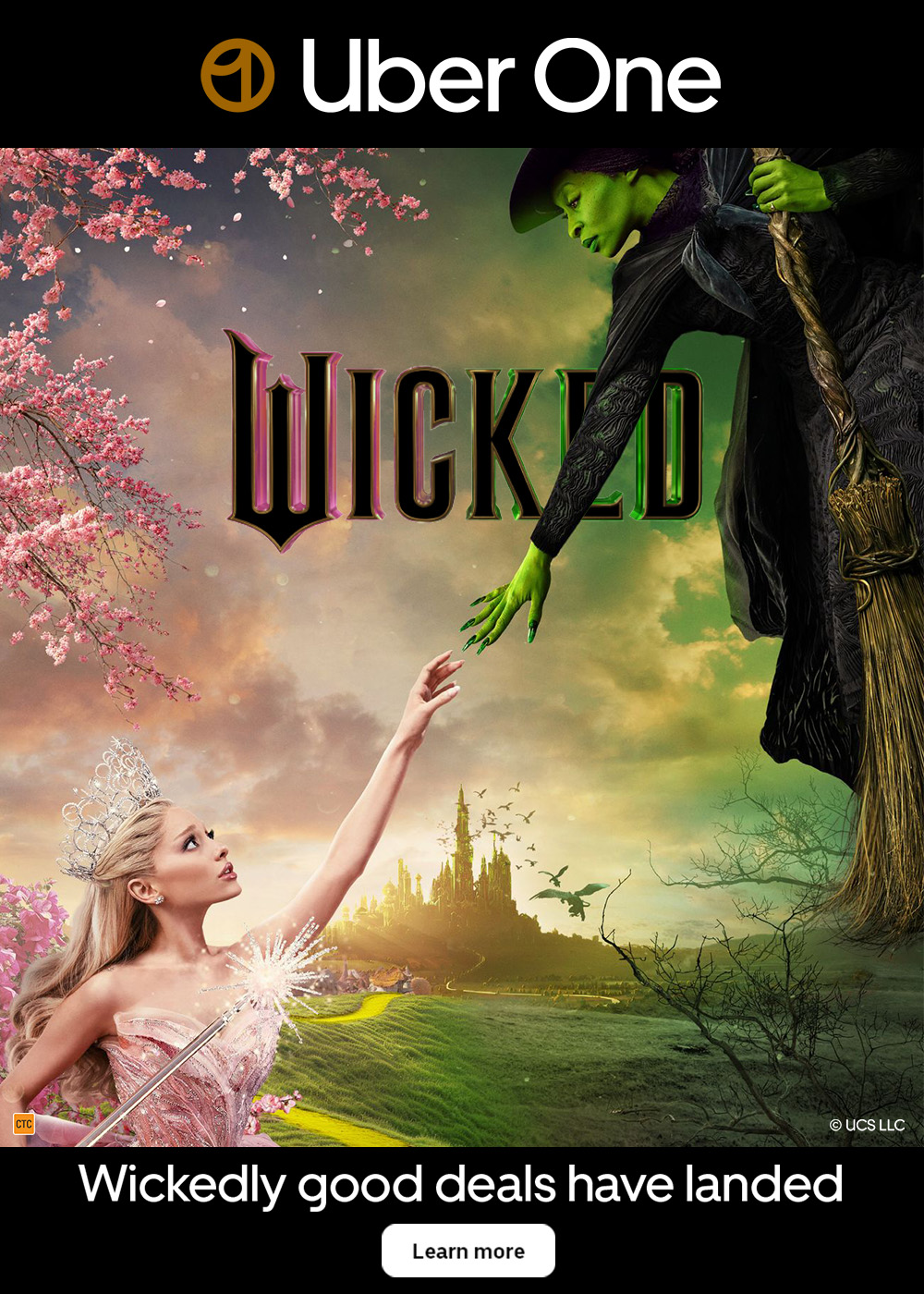Why Joaquin Phoenix is the greatest actor of his generation
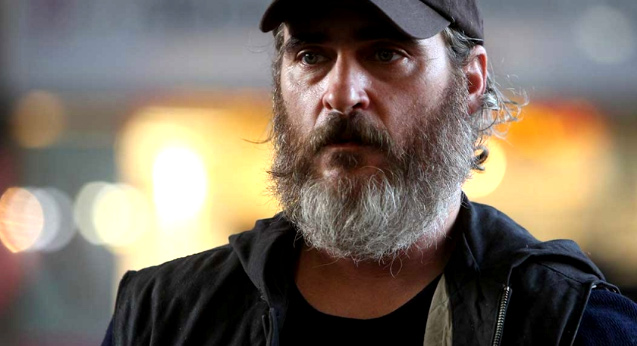
In her review of Casablanca, the great American film critic Pauline Kael wrote the following about Humphrey Bogart: “There isn’t an actor in American films today with anything like his assurance, his magnetism, or his style.”
The same can be said of Joaquin Phoenix. The 43-year-old, Puerto Rico-born actor’s intensely focused and gravitas-oozing presence is unparalleled in contemporary American cinema. Phoenix has two new films about to arrive on Australian shores, both playing at Sydney Film Festival ahead of their national release: Gus van Sant’s comedy-drama Don’t Worry, He Won’t Get Far on Foot and the thriller You Were Never Really Here, from We Need to Talk About Kevin director Lynne Ramsay. So, with double Joaquin on the horizon, now is a good time to reflect on a titanic screen force.
I do not recall precisely how my thoughts on Phoenix evolved, but the arc of my sentiments progressed roughly as follows. First: boy, this Joaquin fellow is a talented actor. Followed by: man, this guy is terrific. Then: Joaquin Phoenix is the greatest actor of his generation. And finally: is he in fact some kind of alien, from a far-out race of extraterrestrial actors, sent to planet earth to improve human thespianism?
Van Sant directed Phoenix in one of his early films: the witty and bitterly black 1995 comedy-drama To Die For. The film was modelled, like the recent and similarly crime-themed I, Tonya, in a mockumentary format, with actors directly addressing the audience. He played a teenager smitten by a seductive news anchor (Nicole Kidman) who coerces him into murdering her husband (Matt Dillon). Phoenix is unhinged; vulnerable; desperate; virile; unignorable.
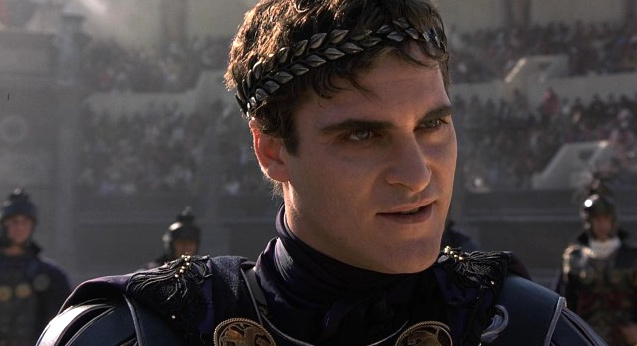
These qualities were also reflected in the film that made him a star: Gladiator (2000). Phoenix chewed the scenery as the wicked, shit-eating, Russell Crowe-hating villain Commodus. In the years immediately following, through his appearances in films such as Buffalo Soldiers, Signs and The Village, it became clear Phoenix was not an actor attracted to likeable, widely relatable characters. And that he doesn’t care if you don’t like him.
In some stories, a magical portal or passageway exists that transports characters from one world into another. The most famous example is probably the rabbit hole in Alice in Wonderland, which upends the protagonist’s life and sends her tumbling into a fantastic new reality. In Phoenix’s career, that passageway arrived in the form of director Casey Affleck’s 2010 film I’m Still Here, a strikingly weird and meta production that marked Phoenix’s evolution from an excellent actor to a truly, indisputably great one.
The film unfolds as a kind of ‘meltdown-umentary’. Beginning with home video footage of Phoenix’s childhood, we are informed that he has decided to quit his career as an actor to become a rapper. Only much later – after the film had been completed – it was revealed to be a hoax. The most famous scene unfolded in ‘real life’, Phoenix maintaining his ‘character’ (awkward, introverted and drug-affected) during a now-famous television interview with a bemused David Letterman. The host ended with a zinger, which inspired the title of the film: “I’m sorry you couldn’t be here tonight.”
Presenting himself as an arrogant, belligerent fiend – ranting and raving, snorting drugs, partying with sex workers, and being generally unhinged and out to lunch – the braveness and shapeshifting chutzpah of Phoenix’s performance beggared belief. When the film arrived in Australian cinemas, I described it the following way:
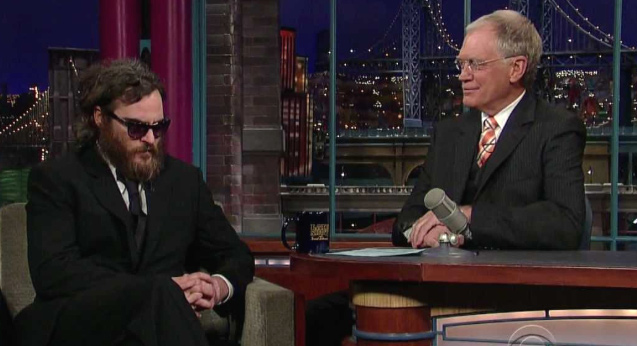
“Phoenix has inverted the transformative process usually touted as evidence of good acting. Instead of leaping into a character and groping around inside a different skin, he behaves like a man trying to leap out of one – risking not just his ‘character’ in the film but laying his own credibility on the line, daring audiences not to believe in a different person but to believe he is precisely the person he presents himself to be.”
After I’m Still Here, Phoenix didn’t act for two years. He returned from the wilderness with a masterful performance opposite the late, great Philip Seymour Hoffman in Paul Thomas Anderson’s The Master. Phoenix had delivered excellent performances before his elaborate ruse (including in Walk the Line, We Own the Night and Two Lovers) but something was different now; he was next level. His post-I’m Still Here highlights include an idiosyncratic twist on the tortured lover in Her; the vulnerable villain in The Immigrant; the strung-out gumshoe in Inherent Vice; the flaky professor in Irrational Man; the doleful, simmering Jesus in Mary Magdalene.
Soon we’ll see the actor as an alcoholic, quadriplegic cartoonist in Don’t Worry, He Won’t Get Far on Foot, and a traumatised veteran in You Were Never Really Here. The official Rotten Tomatoes description for that last film reads “a typically committed lead performance from Joaquin Phoenix.” Typically committed? From Joaquin Phoenix? You can say that again.

